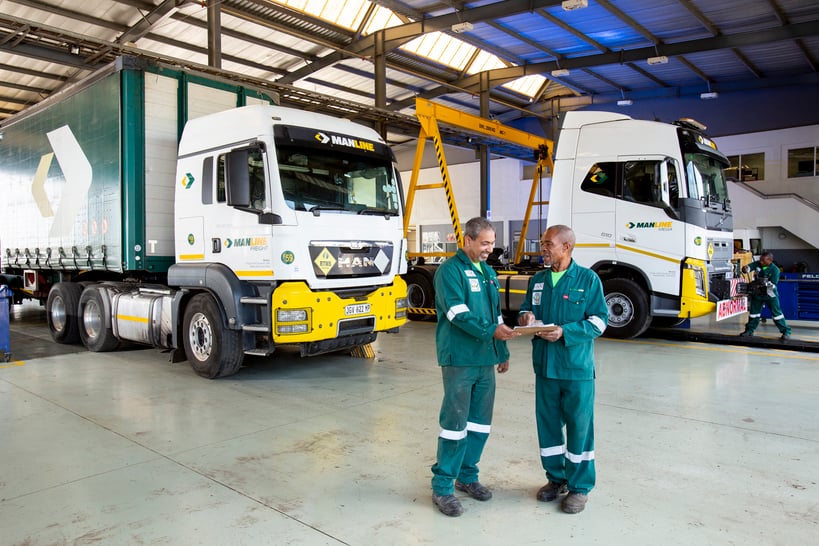
Two substantial fuel price increases in April and in May and a recent increase at the beginning of July according to the Automobile Association (AA) are said to be the largest South African motorists have seen within such a short period. The skyrocketing fuel prices have a significant impact on the cost of living, the cost of doing business and the economy in general. With its reliance on road transportation, such rapid cost escalation is leaving a marked impact on the local supply chain industry.
This burning platform provides an ideal opportunity to re-engineer business processes to those that are more energy friendly, which will have a far reaching effect not only on the bottom line but also on the environment. Quick wins can come from making minor adjustments throughout the value chain but real strategic changes are needed to realise long term benefit.
A deeper look into network optimisation is the first step to attempt to counter the impact of fuel increases. For example, evaluating where distribution centres are positioned in relation to areas of great demand can dramatically impact the cost of transport. The combination of higher supply chain costs and added inventory requirements has driven several companies to move supply chain operations a lot closer to key markets.
Furthermore a network optimisation analysis could result in opening or closing distribution centres, or possibly moving facilities to more optimal locations. This is however not a once off exercise as frequent evaluations are required to continuously verify whether supply chain models are still relevant in current conditions.
Trucks are most often the biggest consumers of fuel in the supply chain and therefore optimising fleets for greater efficiencies has a direct and noticeable impact on fuel savings. Diesel engines have become far more efficient by virtue of technological advancements including improvements such as catalytic converters and additive post combustion, all of which have reaching effects in reducing the amount of CO2 emitted by the vehicle.
Better quality diesel with lower sulphur content, more efficient engines and advanced vehicle and trailer design are also making an impact to the overall fuel consumed, which then also positively impacts the emissions emitted per load. The PBS (Performance Based System) vehicle programme has greatly improved the efficiency of emissions vs tonne of payload transported.
Furthermore, planning trips to ensure minimal dead leg kilometres can go a long way in saving fuel. Not foregoing the value of our drivers who are the back bone of our economy, the way in which they drive has a direct effect on the level of fuel consumed and as such we have implemented a myriad of digital and physical solutions to support of our teams on the road.
Regular driver training of the highest standard is vital in ensuring that drivers follow strict protocols in terms of maximum shifts and health assessments.
Although technology certainly supplements driver safety and fuel efficiency, it remains in the hands of the men or women behind the wheel to make quick informed decisions based on any alerts in order to avoid incidents on the road and drive in an eco-friendly manner.




